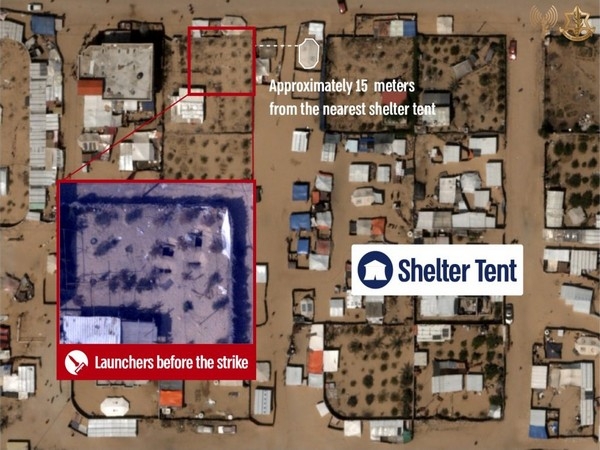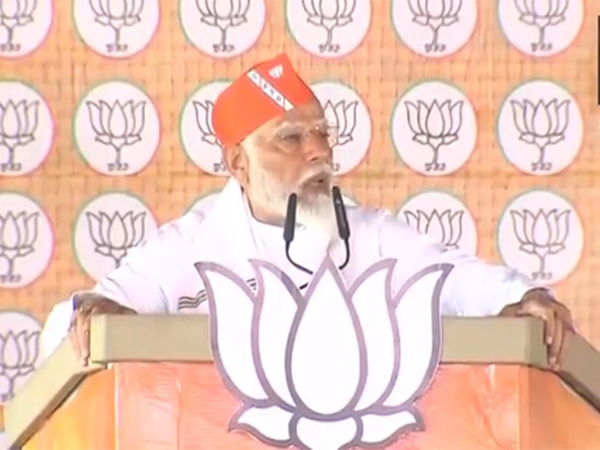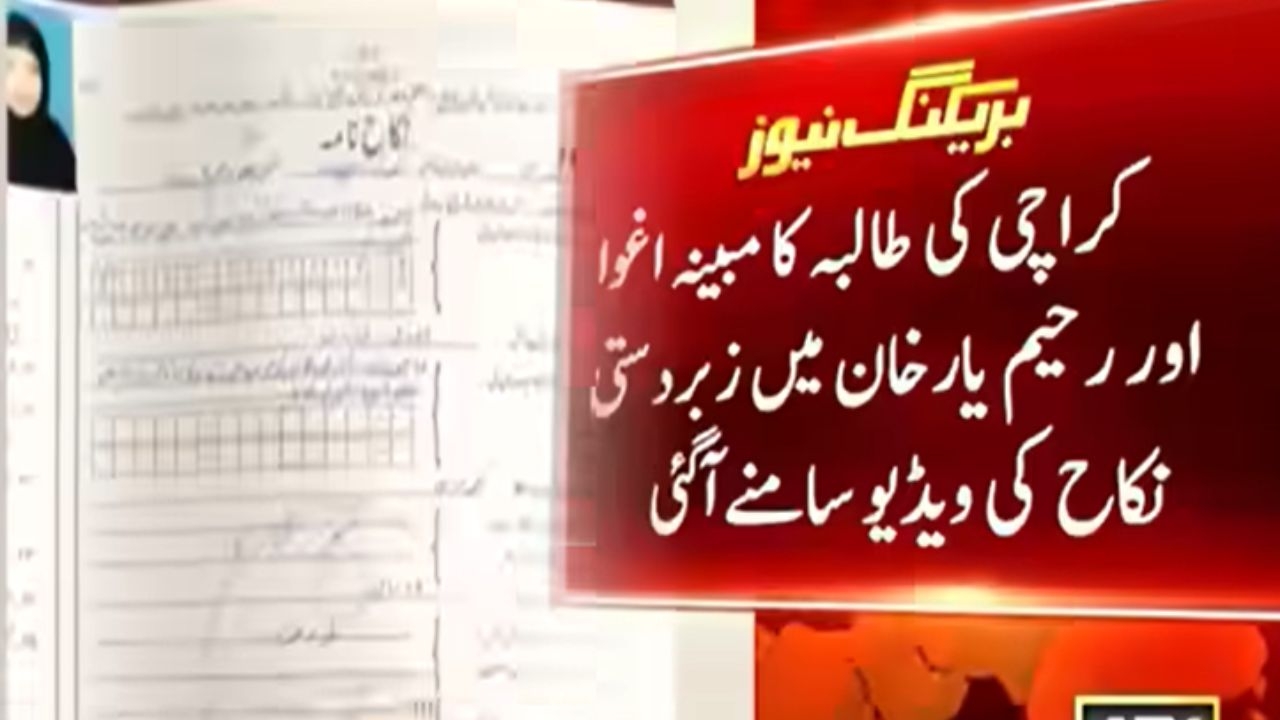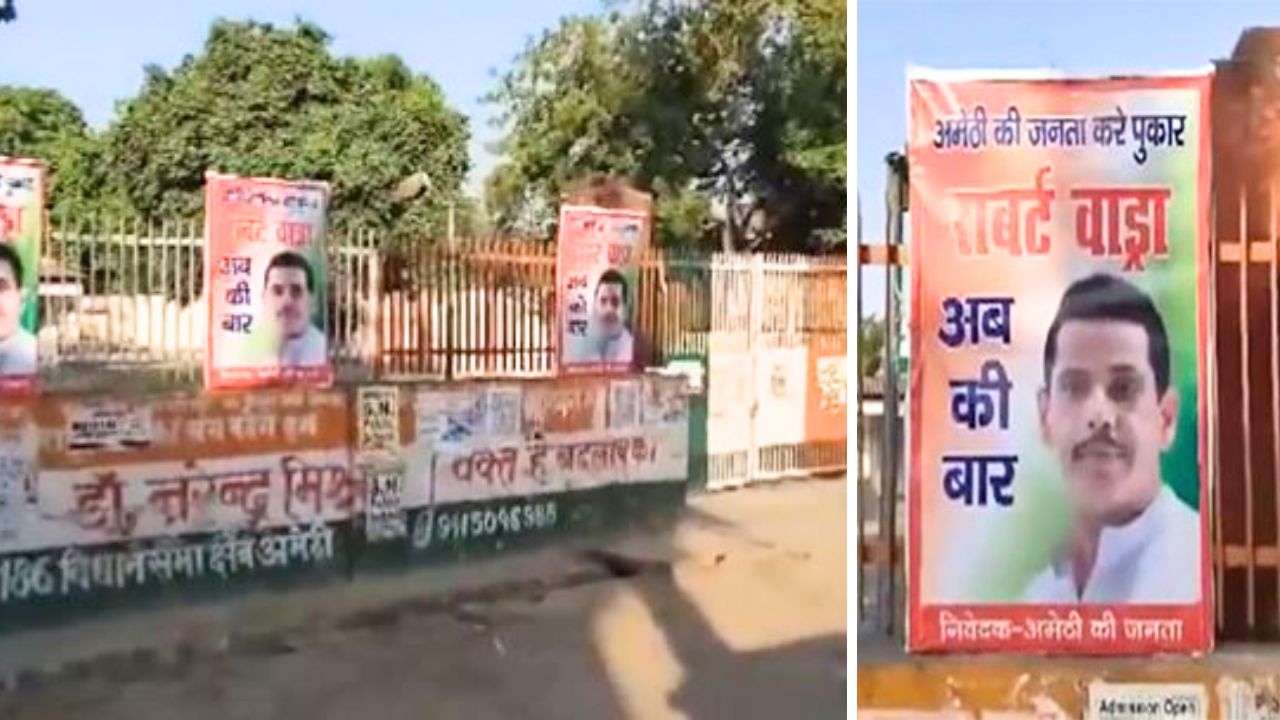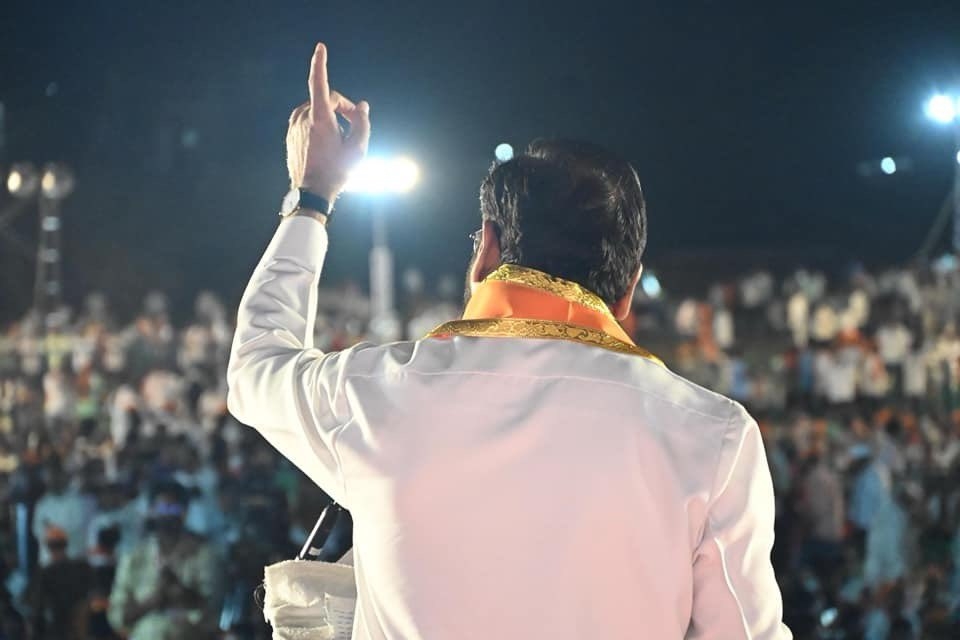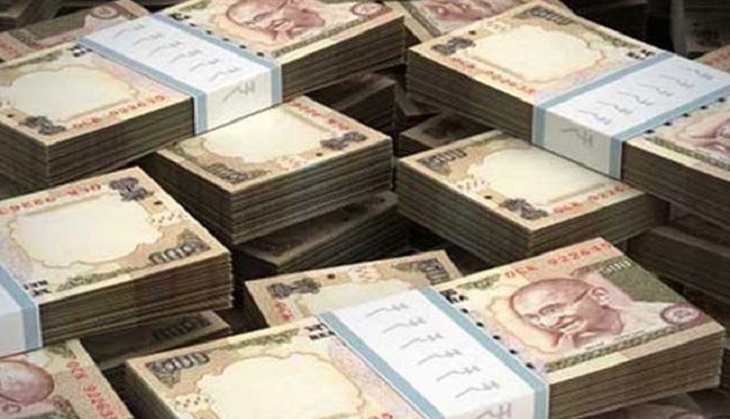
In a tough measure to curb black money, Prime Minister Narendra Modi has announced that Rs 500 and Rs 1,000 currency notes would no longer be legal tender.
This is exactly what will happen now
From midnight of 8 November, Rs 500 and Rs 1000 denomination notes have been withdrawn from circulation.
ATMs and banks will remain closed on 9 November and 10 November.
In case you have cash of 500 and 1000 denominations in your wallet, you could exchange them at banks and post offices from 10 November to 30 December.
If you are unable to deposit your Rs 1,000 and Rs 500 notes by 30 December for some reason, you could exchange the notes until 31 March 2017, by furnishing your ID proof. You may also need to carry your Aadhar card and PAN card for proof.
If you missed that date too, you could go to RBI, fill a declaration form and exchange your money.
After that, the currency notes of Rs 1,000 and Rs 500 would be of no value. The PM said in his address that this was important in the government's fight against black money.
Also read:Live updates: Rs 500 and 1000 currency notes no longer be valid from 8 Nov midnight, says PM Modi
A few exceptions:
There would be no change in any other form of currency exchange, whether cheque, demand draft or payment via credit and debit cards, etc.
You may still use, for the next 72 hours, the notes at hospitals, railway ticket booking counters, government bus stands, and airports.
What happens next:
New 500 and 2,000 rupee denomination notes will be issued.
Also read: PM Modi bans Rs 500 and Rs 1000 notes and obviously Twitter goes nuts
First published: 8 November 2016, 9:56 IST

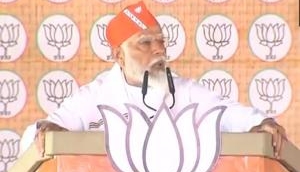


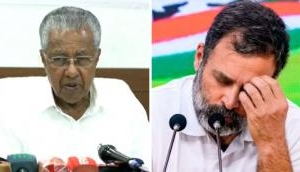

![BJP's Kapil Mishra recreates Shankar Mahadevan’s ‘Breathless’ song to highlight Delhi pollution [WATCH] BJP's Kapil Mishra recreates Shankar Mahadevan’s ‘Breathless’ song to highlight Delhi pollution [WATCH]](http://images.catchnews.com/upload/2022/11/03/kapil-mishra_240884_300x172.png)

![Anupam Kher shares pictures of his toned body on 67th birthday [MUST SEE] Anupam Kher shares pictures of his toned body on 67th birthday [MUST SEE]](http://images.catchnews.com/upload/2022/03/07/Anupam_kher_231145_300x172.jpg)


